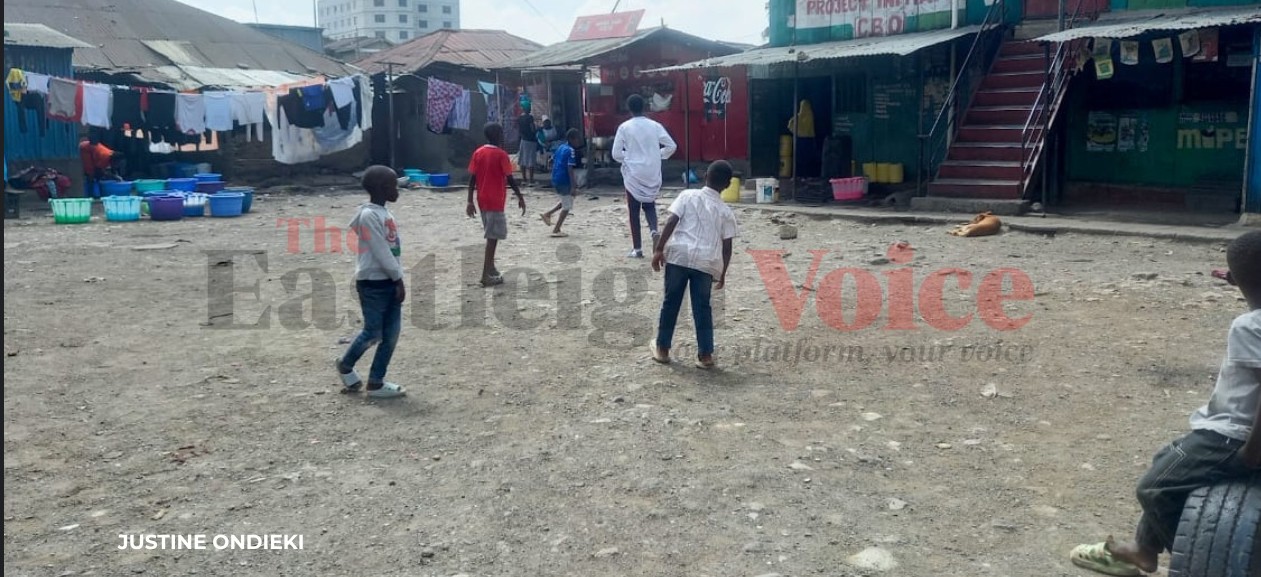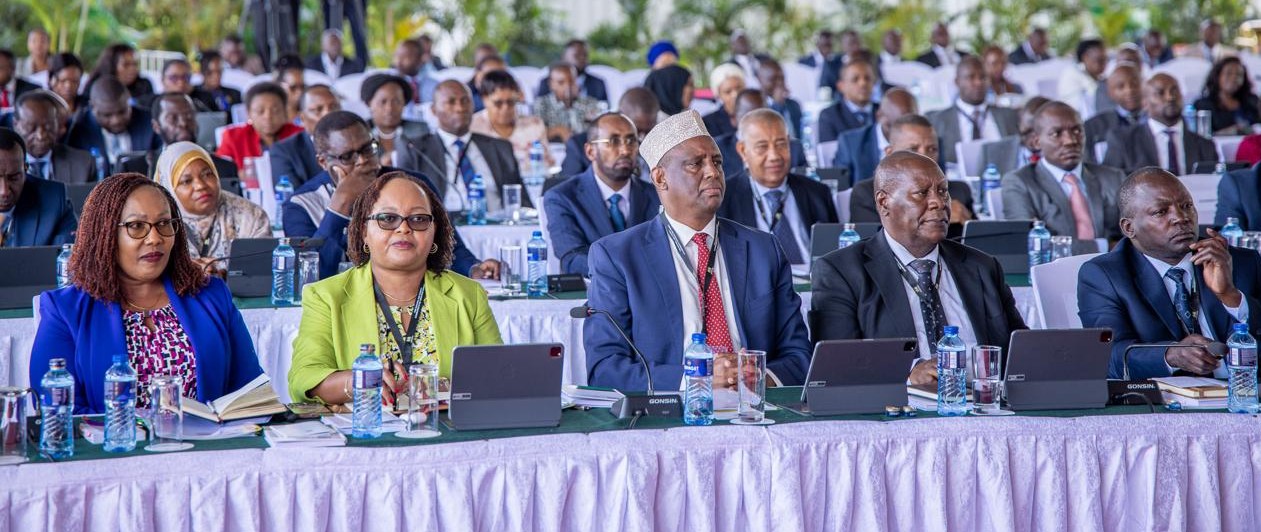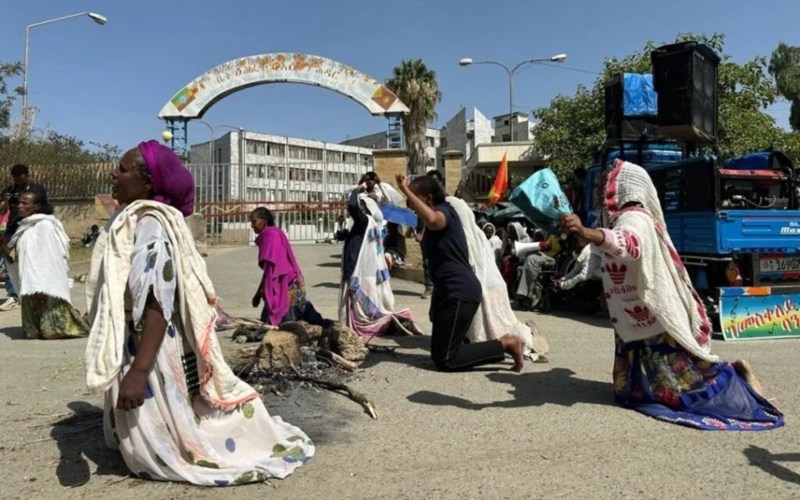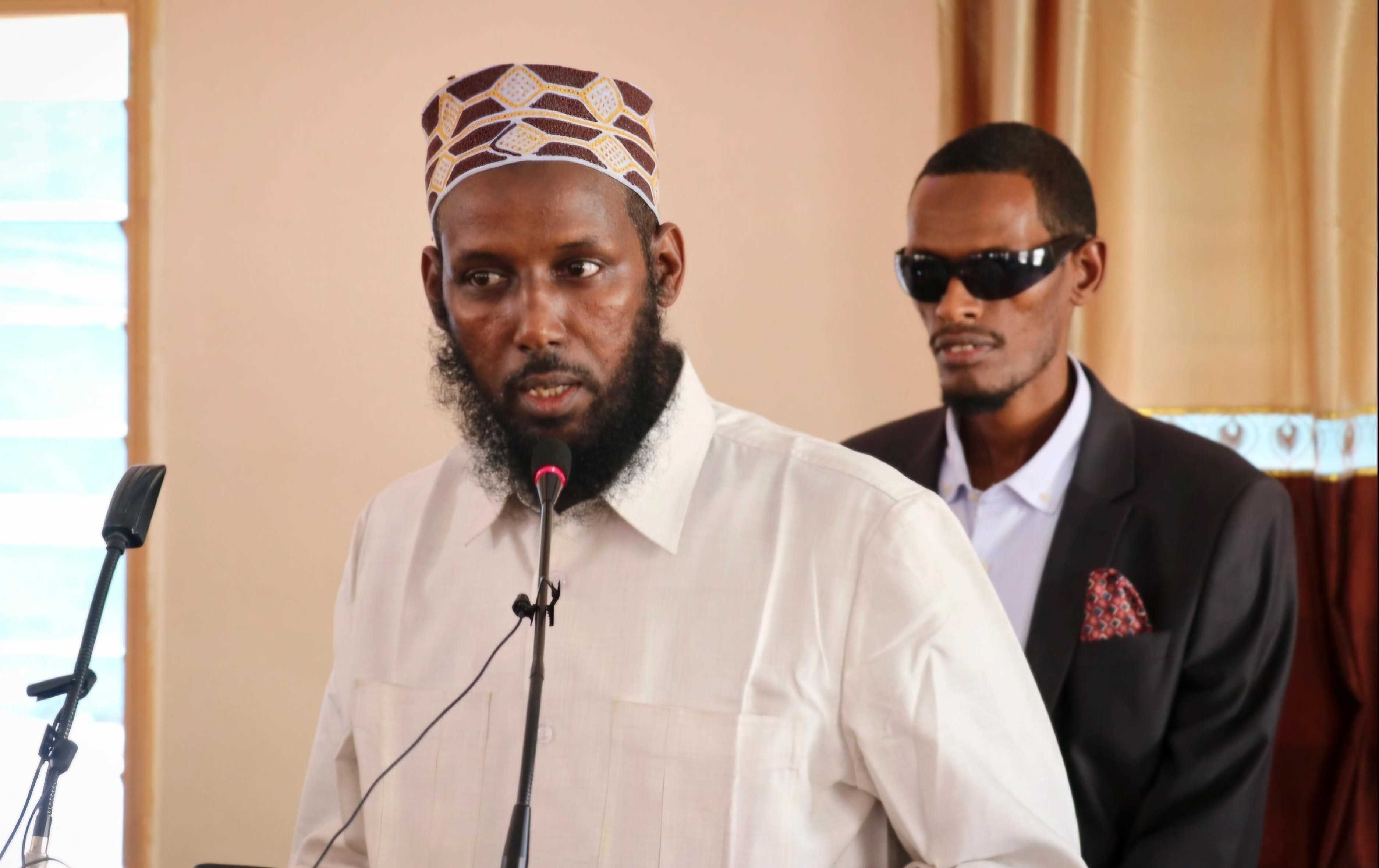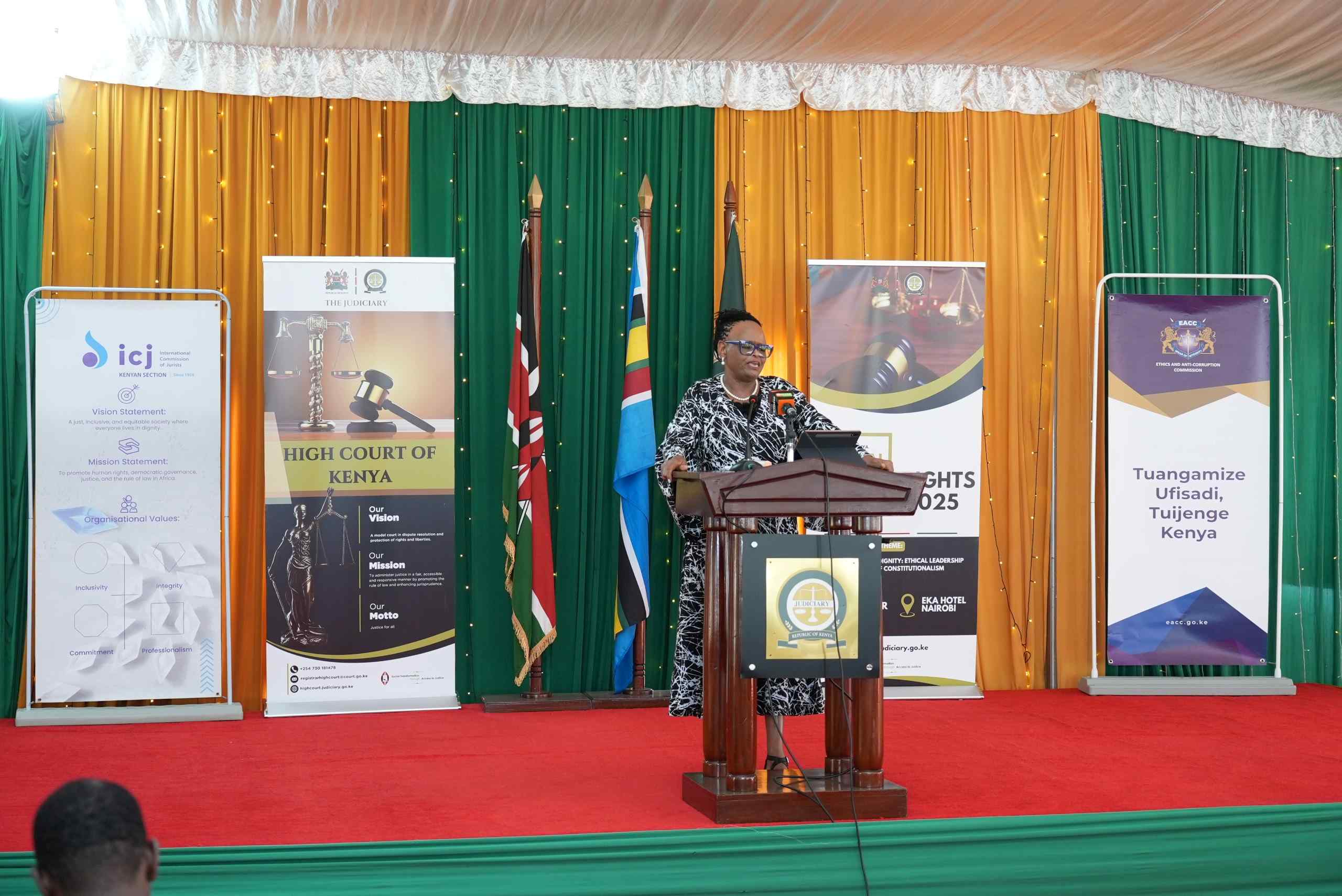State announces nationwide livestock vaccination drive to boost food security

At least 1,500 veterinary surgeons and 6,000 animal health assistants will provide health and husbandry services to farmers across the country.
The Government targets to vaccinate 22 million cattle and 50 million goats in a nationwide programme aimed at eradicating the Peste des petits ruminants (PPR) and controlling Foot and Mouth diseases.
PPR is caused by a morbillivirus closely related to the rinderpest virus and affects goats, sheep, and some wild relatives of domesticated small ruminants, as well as camels.
More To Read
- Senate Bill proposes five-year jail term, Sh2 million fine for livestock thieves
- Rift Valley fever: What it is, how it spreads and how to stop it
- Ministry of Agriculture set to launch e-voucher system for livestock vaccination
- Kenya to produce 70 million livestock vaccine doses annually by 2027
- Africans survived 10,000 years of climate change by adapting food systems – Study offers lessons for modern times
- Garissa launches 10-day livestock vaccination campaign in Dadaab refugee camps
Speaking, when he led the country in commemorating the 61st Madaraka Day Celebrations on Saturday at the Masinde Muliro Stadium in Bungoma town, President William Ruto announced that the vaccination campaign was part of wider efforts to enhance the management of livestock diseases and pests.
He said the campaign will be a joint exercise where the national government will provide vaccines and facilitate vaccination, while county governments will provide logistical support and human resources.
"At least 1,500 veterinary surgeons and 6,000 animal health assistants will provide health and husbandry services to our farmers," Ruto said.
He revealed that the modernised Kenya Veterinary Vaccines Production Institute produced 35 million doses of assorted livestock vaccines in 2023.
The president said vaccination of livestock was important in ensuring the production of safe, high-quality animals that will promote food security and attract investments.
Ruto stated that the government was committed to facilitating a holistic development of the livestock sector and anchoring all its value chains in a sustainable strategic platform through the implementation of several policies and legislative reforms aimed at improving the livestock sector and attracting investments.
 President William Ruto addresses guests attending the 61st Madaraka Day fete at the Masinde Muliro Stadium in Bungoma County on June 1, 2024. (Photo: PCS)
President William Ruto addresses guests attending the 61st Madaraka Day fete at the Masinde Muliro Stadium in Bungoma County on June 1, 2024. (Photo: PCS)
Legal frameworks
He mentioned the Veterinary Policy, Livestock Policy, Livestock Bill, Livestock Masterplan, Food Safety Policy, and Food Safety Coordination Bill, being some of the frameworks that were at various stages of consideration by the Cabinet and Parliament.
Ruto said 1,700 students were enrolled in various livestock training institutions in 2023 to study animal health and husbandry, leather technology, dairy technology and meat inspection.
The president underscored interventions made in the red meat value chain that he said resulted in an 8.6 per cent increase in meat exports from 15,000 metric tonnes, valued at Sh9 billion in 2022, to 16,000 metric tonnes valued at Sh10 billion last year.
"There has been a 42 per cent growth in the export of live animals from 33,000 in 2022 to 47,000 in 2023," he said.
The Head of State further pledged that the government will build 450 fenced feedlots in 31 counties to increase annual red meat production by an additional 108,500 metric tonnes valued at Sh54 billion.
The president said that approximately 14.6 million Kenyans who live in the ASALs region that covers 80 per cent of the country's landmass derive their livelihood primarily from the livestock sector and contribute 12 per cent to the country's GDP and employ 50 per cent of the agricultural labour force.
He also announced that the government allocated Sh400 million to the Ewaso Ng'iro South Development Authority's leather factory.
Ruto clarified that Sh200 million of the funds will be used to acquire modern equipment, Sh100 million to build a footwear factory and Sh100 million to mop up hides and skin.
Top Stories Today
